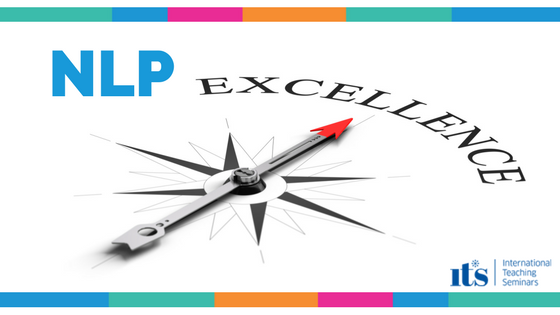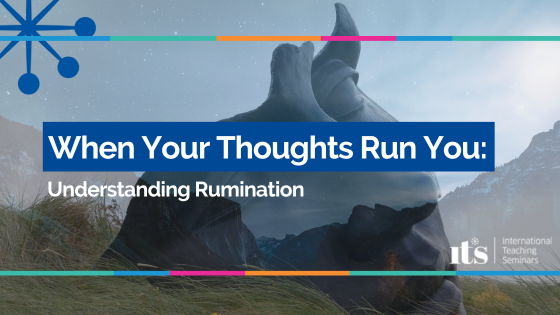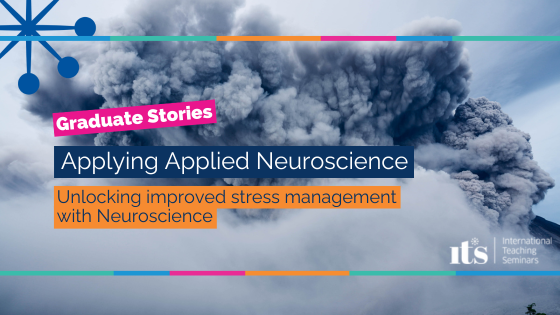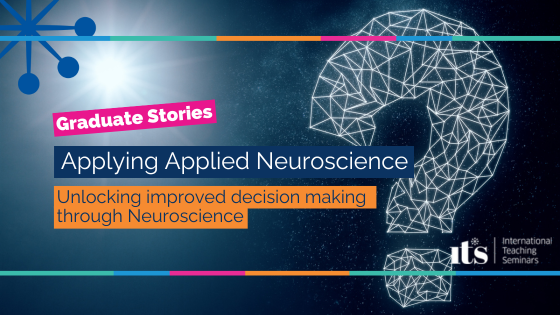Simply put, Neuro-Linguistic Programming (NLP) does what no other approach can do.
NLP has evolved from the study of top human performers and revealing the structure of their excellence. The question NLP has always focused on is: ‘What is the difference that makes the difference?’
This simple question inspired the development of a model of understanding of how we as humans perceive the world, how we organise our thinking, feelings, skills and behaviour. It is a field that is continually evolving. NLP is essentially a model of excellence and achievement – a set of guiding principles, attitudes, knowledge, skills and practical ‘how-to’ techniques.
After 40 years we have a whole raft of tools and techniques that can help anyone improve individual and team performance. This applies in both your professional and personal life. NLP can give you immediate and practical benefits, which so often lead to deeper and more lasting change as you begin to reassess and look at the world in a different way. You will then have more choices available to you.
The Structure of Excellence
NLP is able to reveal the structure for success because it looks at what works and how it works. So that the difference that makes the difference can be learnt by anyone who wants to improve their performance.
NLP developers like myself have developed a whole raft of practical tools and techniques that enable people to be at their personal and professional best. These tools and techniques allow anyone to change limiting behaviours, habits and beliefs that hold them back. They also support a way of thinking and being that helps create a mindset for professional success and personal fulfilment. These are all based around the Four Pillars of NLP; key areas identified for making human excellence possible which I’ll be detailing in a future post.
When worlds collide
A deeper definition of NLP is ‘the study of the structure of subjective experience.’ This is a big topic. For now I’ll focus on one key element.
Presuppositions: As we make sense of our world, interpreting our experiences, so we create our own map of reality. We operate in the world on the basis of our maps, rather than on ‘reality’ itself. We begin to implicitly presuppose certain things, and act accordingly. Those presuppositions show up in our values, beliefs and sense of self. They also show up in our behaviour.
In the same way, what others presuppose in their maps of reality will determine how they act but also how they respond to your behaviour. And so the world goes round with each of us making sense of others based on our map of reality not theirs. Now no two people have the same model of reality. So what happens when one person’s model is slightly different – or very different – from another’s? There’s much room for confusion and misunderstanding. And that’s just two people. Imagine how this can become compounded in teams and organisations – oh, and families!
Whilst we have our own presuppositions that determine what we do, how we do it, and how we are as people, NLP offers us the opportunity to discover what presuppositions we’re running. (Believe me, you won’t be aware of them all). Once you’re aware of these you can determine which ones are useful and which ones are not. Should you choose you can change and update them.
This is where NLP does what no other approach can and achieves extraordinary results. It shows you how you do what you do, and then how you can improve on it if you wish. NLP is truly the art of the ‘how-to’.
If you would like to do a bit of further reading into NLP, please take a look at these two books I have written:
NLP Coaching
From the very beginning NLP has been a synthesis drawing on different disciplines that together could help us achieve practical excellence. Many years ago now it became obvious to me that Coaching was another discipline which could become part of this rich mix. That’s why I wrote what became a bestseller The NLP Coach. It’s also why I created the original NLP Coaching training programme allied with the International Coach Federation (ICF). The natural synergy of NLP and Coaching has now been widely accepted.
In more recent years we have pioneered a classic NLP modelling approach to coaching. We have searched for excellence in the coaching field as a whole: we have looked for the difference that makes the difference and gathered together the best trainers from different schools in a single integrated programme. While some people want to become full time coaches many professionals just want to learn how to develop a Coach Approach in their work. Both needs are met by our ICF accredited programme Mastering the Coach Approach.
The Power of NLP – The Rigour of Neuroscience
NLP has been showing people how to excel for 40 years. In recent years I have been very aware of how neuroscience research has started making clear why these NLP how-to techniques actually work. That’s why after 30 years of delivering NLP training, I now work with Patricia Riddell, Professor of Applied Neuroscience. (We have been collaborating since 2012).
A little neuroscience goes a long way but it can give you both a real edge and a whole new kind of credibility. If you’re curious about any of this, you can find out more on the NLP Practitioner Programme with Neuroscience which includes access to a free webinar or get in touch with the ITS Team.
So that’s what NLP is.
But to my mind a more interesting question is what can it do for you?
That’s what I want to have a look at next time.
Ian McDermott





Leave A Comment